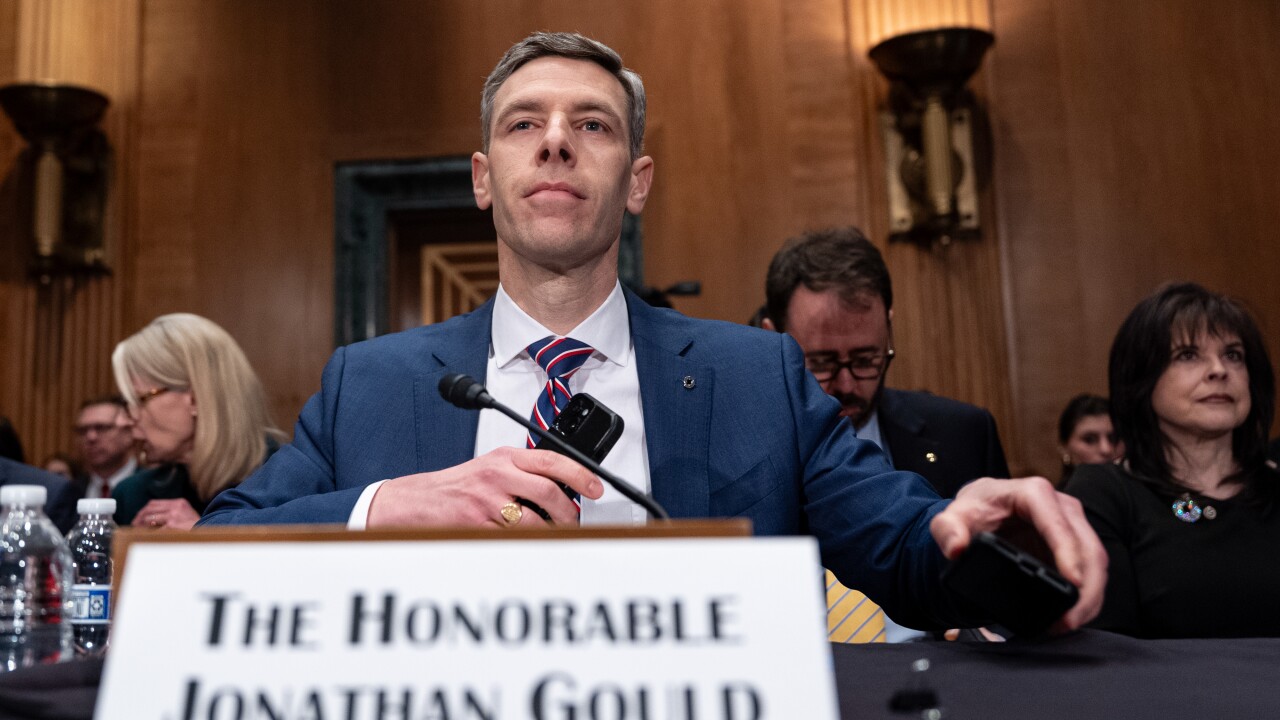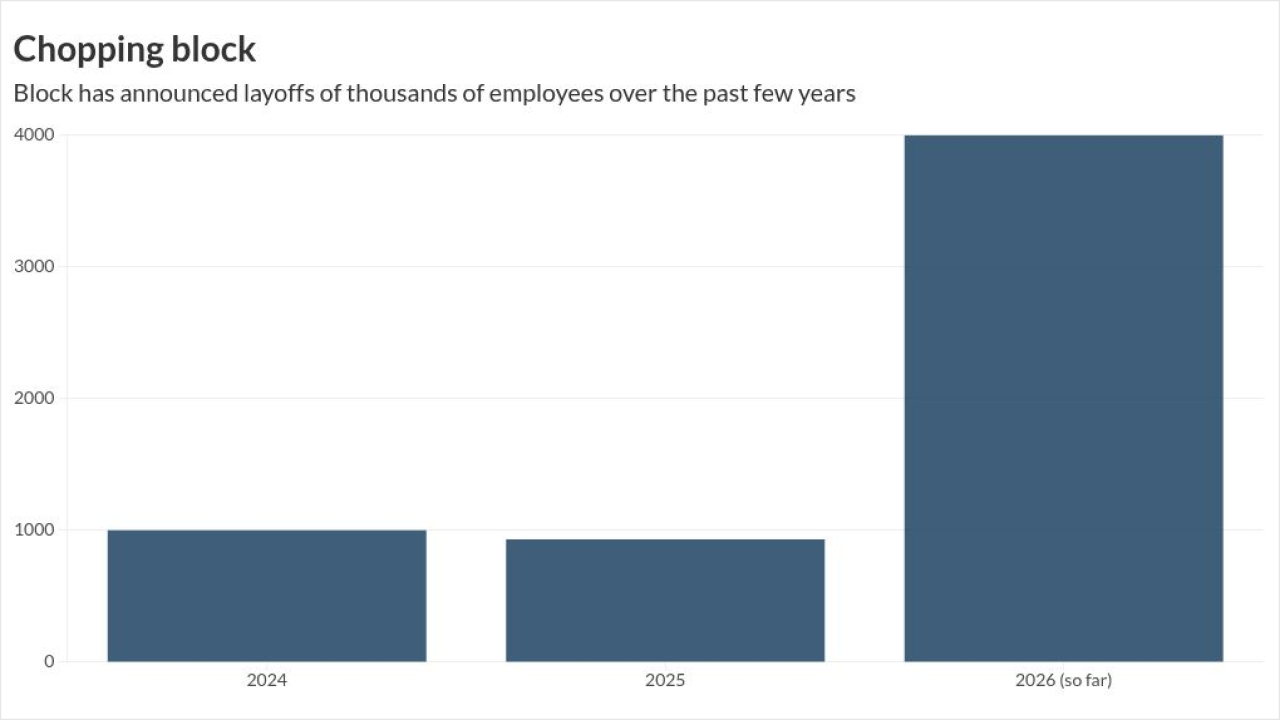
Sunday will mark the one-year anniversary of the failure of
Foundational policy questions emerged: Should
Should Congress repeal President Trump's
A year later, the post-mortems leave many of these questions subject to partisan wrangling.
On one repair, though, there's bipartisan agreement: compensation reform.
A Public Citizen
SVB held long-term Treasuries at a time of rising interest rates. To guard against devaluation of these assets, SVB bought a hedge. But with other problems threatening net income — the prime driver of the executive bonuses — SVB sold the hedge. That generated a reportable gain that papered over a loss, but left the bank exposed to the rational response of any sentient investor or depositor able to distinguish between SVB's real problems and its artificial accounting games.
Rational, uninsured depositors (with more than $250,000 at the bank) began to leave steadily, and ultimately fled in droves. Hours before the government seized SVB, the bank's board paid out bonuses to senior executives, punctuating a craven declaration that compensation trumps any other consideration in banking conduct.
Rep. Maxine Waters, ranking member of the House Financial Services Committee, led the letter, spurred by the recent merger announcement between Capital One and Discover, which the letter said would enable the merged company "to influence multiple points of the marketplace."
Congressional banking committees held numerous hearings, and many members of Congress proffered compensation reform measures. The Senate Banking Committee approved one of these, known as
But election year politics may determine the fate of the RECOUP Act.
Still, even if the RECOUP Act doesn't move through Congress at the necessary pace, regulators have a remedy. They can deploy a long-neglected statute from the 2010 Dodd-Frank Wall Street Reform and Consumer Protection Act. Section 956 of that law provides that regulators can bar compensation plans that lead to "inappropriate" risk taking.
Bonus-fueled fraud led to the 2008 financial crash. It also played a key role in a great deal of banker misconduct since then: JP Morgan's London Whale loss, Goldman Sachs' Malaysia bribery crime and Wells Fargo's fake accounts scandal, to name a few.
Finalizing this statute should be a priority. In fact, Congress emphasized the importance of this rule by setting an implementation deadline in May 2011.
Public Citizen has
President Biden acknowledged this connection as well. He released a post-SVB paper of
Regulators must complete the job of banker pay reform. Congress must hold them to account for steady progress. The anniversary of regional bank failures must be marked by policy progress.






